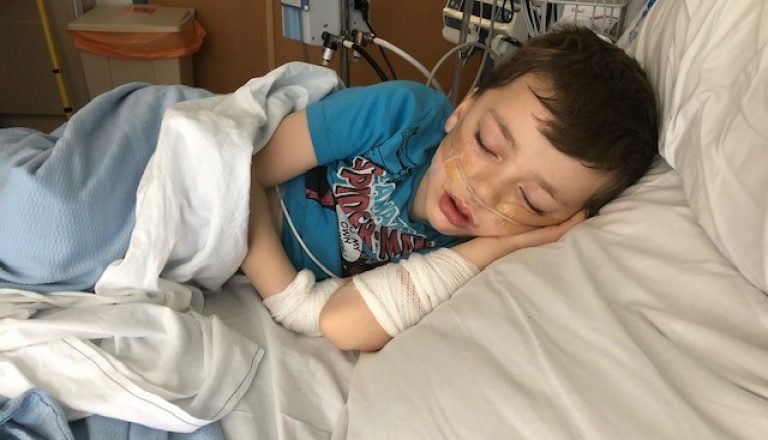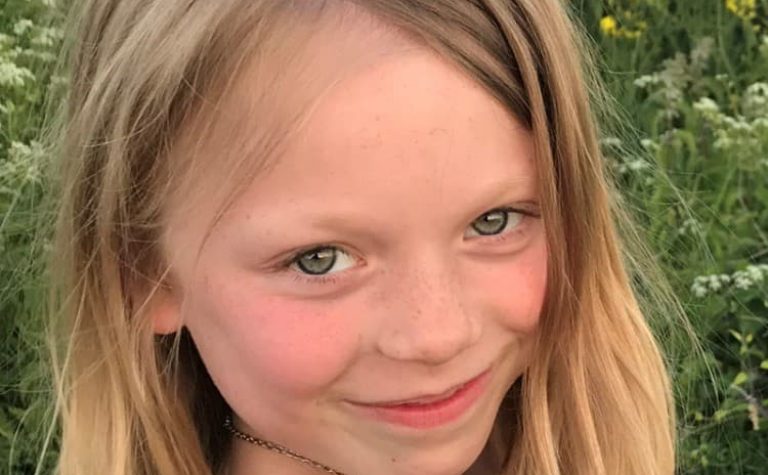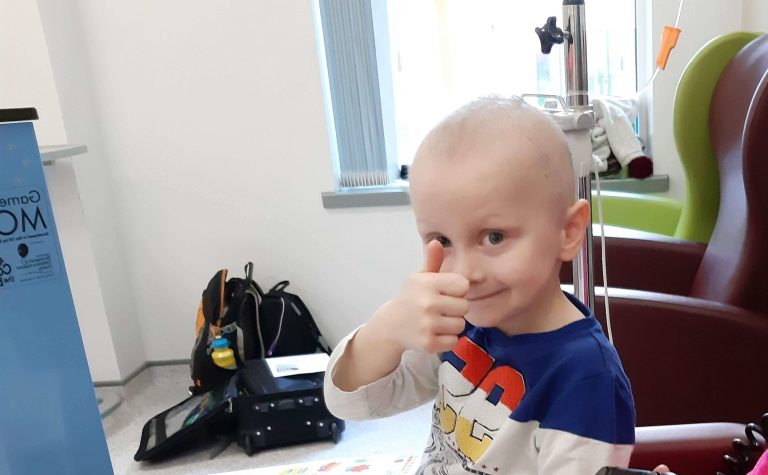Children with Cancer UK has released new research looking at the impact of COVID-19 on young cancer patients, with almost half of respondents reporting concerns around their child’s treatment and care during the coronavirus pandemic.
6 November 2020

Newsletter Signup x
The COVID-19 pandemic is having a considerable impact on the type of care and treatment young cancer patients are able to receive. It is vital that families are given the confidence to seek medical care for any signs and symptoms of childhood cancer or in relation to side effects of treatment. While this is an unprecedented time for the health service, we need to ensure that treatments still go ahead and that the right support is in place for families – delays to diagnosis and treatment can have a devastating impact, and these simply cannot be put on hold. Advances in diagnosis and treatment in the long-term will only be made through childhood cancer research, such as that funded by our supporters. However, due to the pandemic, we are facing an income loss of around 40%, which will impact the amount of funding we can provide. We need support now more than ever to continue to fund this vital, life-saving research and support young cancer patients and their families.Thomas, 7, was diagnosed with T-cell acute lymphoblastic leukaemia in February 2019 and has received treatment during the COVID-19 pandemic. Thomas’ treatment so far has consisted of high-dose steroids, chemotherapy and blood and platelet transfusions. He was also in isolation for nearly two months. Treatment has been tough for Thomas, with the chemotherapy destroying his fine motor skills, meaning that he can’t write properly anymore, use a normal knife and fork and has to be in a wheelchair sometimes. His mother, Gemma, explains:
The first immediate consequence of the pandemic on Thomas’ treatment was that his bi-weekly clinic appointments were reduced to monthly – his oral chemotherapy cut by half. A lumbar puncture appointment was also pushed back by over a month. Thomas has also gone without physically seeing the doctor a few times, which has resulted in reduced doses of chemotherapy, complications and added stress. Thomas has been admitted to hospital three times during the pandemic. He’s had coronavirus symptoms and a test, which came back negative. However, this caused a delay in him getting the treatment he needed while we waited for results. I was worried about my son’s health before the pandemic so knowing he hasn’t been able to get the treatment he needs, when he needs it, has made a stressful situation harder. The virus has had a knock-on effect of getting to the right department, quickly enough, or at all, due to COVID testing. However, when he does get to oncology, the treatment is always fantastic.Editors’ Notes Children with Cancer UK’s press office E: media@childrenwithcancer.org.uk T: 0207 404 0808 M: 07 795 956 342 About Children with Cancer UK Children with Cancer UK is the leading national charity dedicated to research into childhood cancer. We fund research into the causes and treatment of childhood cancers and provide support for families affected by childhood cancer. We have accelerated breakthroughs to improve childhood cancer survival rates and find kinder, more effective treatments with fewer toxic side effects. This ground-breaking research, which would otherwise go unfunded, saves the lives of children with cancer. About childhood cancer and Children with Cancer UK’s impact Every day in the UK, 12 children and young people are diagnosed with cancer. Fifty years ago, only 30% of children with leukaemia survived, and for most other forms of childhood cancer survival rates were even lower. Today, thanks to our supporters and the dedication of visionary researchers like those we fund, more than 80% of young patients can be successfully treated. More vital research is needed though as there are still a number of cancers affecting children and young people with low survival rates and life-limiting side effects. Cancer remains the single largest cause of death from disease in children and young people in the UK.

Patient Story – Eve
Eve was diagnosed with craniopharyngioma, a type of brain tumour in 2019, at the age of 10. Her mum,
Read more
Patient Story – Ceylian
Ceylian was diagnosed with Ewing sarcoma in 2017 when he was just two years old. Tragically,
Read more